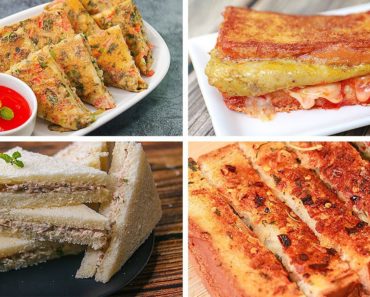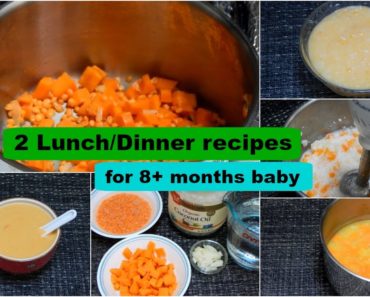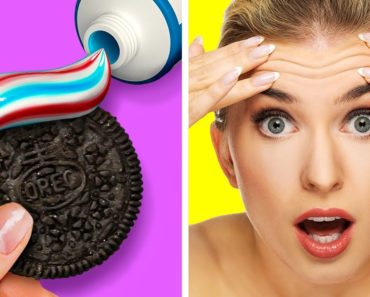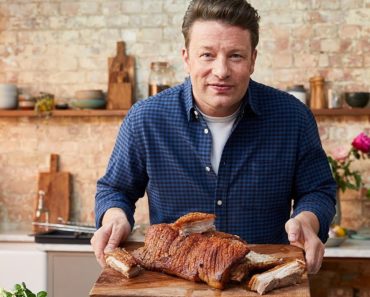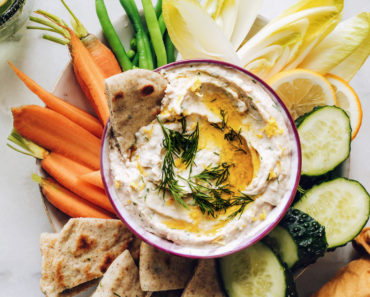Click Here to Subscribe: http://Bit.ly/ThomasVid
The TASTIEST Clean, Vegan Treat – http://www.bhufoods.com
My Website: http://ThomasDeLauer.com
Vegan Keto | Plant Based Keto Dieting | How to Get Protein | How to Get Fats: https://www.youtube.com/watch?v=I7vj0DCuEcA&t=36s
Vegan Lifestyle | Top 3 Vegan Deficiencies: https://www.youtube.com/watch?v=1Imci3bumD0&t=5s
Best Protein Sources for Vegan Keto: https://www.youtube.com/watch?v=8LVoIwXttpw&t=9s
Special Thanks to my team and Nicholas Norwitz – Oxford Ketone PhD Researcher and Harvard Med Student – for working diligently on research as well!
Intermittent Fasting for Vegetarians and Vegans – Thomas DeLauer
Okay, so the first thing I want to talk about is what the heck is this intermittent fasting thing for you, just the general picture. All it really is is going a period of time without eating and then having a consolidated eating window.
Okay, so that’s the cool thing. You can do what you’re normally doing with your diet. You’re just shifting your time period, so that you have strategic gaps in between meals to allow for maximum fat burning and maximum antioxidant activity of the body and also maximum cellular rejuvenation.
So, an example would be stopping eating at 8:00 PM and not eating again until, say, 1 or 2:00 PM the next day. There’s different periods and we’ll talk about the different lengths of time that you can fast.
You see, carbohydrates spike what is called leptin. And leptin is good because it stimulates your metabolism. But leptin has to be low if we ever want fat burning to occur, okay. What we’re trying to do here is we’re trying to make it so that we don’t have carbohydrates spiking our leptin, right when we go into a fast. If we keep our leptin a little bit lower right before starting a fast, it means that we’re going to tap into our body’s fat burning potential earlier in our fast, which means that you’re going to have more fat burning period of your fast than you would otherwise.
So, examples if you’re a vegan or a vegetarian would be consuming something as simple as tempeh or Hempeh or a pea protein shake with a little bit of coconut oil. You’re just keeping the fats high and the carbs low with your last meal before going into a fast.
why is it so important that you fast less frequently? Because we have to be real with ourselves. As a vegan or vegetarian, you know that it is more difficult, okay, not impossible, but more difficult to get the steady supply of nutrients, minerals, vitamins, protein that you need in the first place.
When you’re fasting, you’re limiting that even more because you’re limiting your potential opportunities to eat. Okay, so you’ve already gone from a semi-restricted state to an even more restricted state. And if you were to fast every day, my fear would be that you would lose a lot of the vital nutrients that you need to sustain healthy bodily function.
https://www.ncbi.nlm.nih.gov/pubmed/19678968
Here’s something that very important. While you’re fasting, you have a big up regulation of natural antioxidant activity. Right when you break your fast, you have a big surge of oxidative stress, okay. You went from being a really clean slate, clean body to all of a sudden having tons of nutrients bombarding your body, which triggers cellular waste. Consumption equals waste no matter what.
Okay, so this means that all of a sudden, you have oxidative damage. I recommend consuming high antioxidant foods, okay. Mainly because oxidative stress is going to destroy collagen production. And when you’re fasting, you already have a collagen sort of deficit. You’re breaking down collagen. I want to make sure you’re not losing skin health, hair health, and most importantly, joint health.
So, add some antioxidants, right when you break your fast. Even take a couple of thousand milligrams of vitamin C if you’d like. It can help you out a lot.
Additionally, unfortunately, The Journal of Pediatrics proved this in one study, but then there’s a lot of studies that also prove it. You’re going to be deficient in Omega-3s, okay. Vegans are already deficient in Omega-3s as a rule, and I hate to group you into a category like that, but vegans and vegetarians generally have low levels of Omega-3.
In fact, this study in Journal of Pediatrics found that when they measured human milk that there was 23.8% Omega-6s in a vegan vegetarian’s human milk versus 10% in an omnivores. It’s not saying that one is better than the other. Okay. But the point is is that your Omega-6 levels are an indicator of how low your Omega-3 levels are. And we need to balance that out so that you can keep inflammation at bay.
https://www.ncbi.nlm.nih.gov/pubmed/1560329
Nicholas Norwitz – Oxford Ketone PhD Researcher and Harvard Med Student:
https://www.dpag.ox.ac.uk/team/nicholas-norwitz
View the Original Source by Clicking Here


